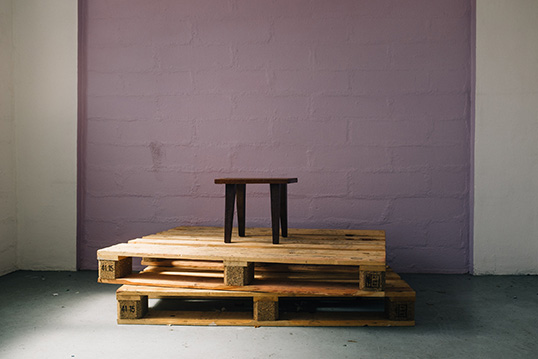Her son, pushing sixty himself, went up to her, and after bending down to listen straightened up abruptly:
“Did you just call me Tivadar? This is a miracle,” he said, turning to me. “It’s been months since she remembered my name!” Then he continued with a jovial wink:
“Since when have we been on first name terms?”
He was trying to confuse her, since a few days ago she had briefly taken him for a complete stranger. Unfazed, she chided him affectionately:
“Now, now . . . ”
But her “now, now” didn’t sound too convincing and, suddenly wondering if she misunderstood or mistook who she was talking to, she hunched up even more, shrinking into herself, small beyond words.
A few naïve people claimed that Tivadar’s mother was happy in this vegetative state, in a world devoid of context. But in reality her gaze reflected a horror of everything going on at any given moment, like a cat approached by a stranger or someone it hasn’t seen for a long time.
When she died a few weeks later, those who earlier claimed she’d been happy in her confusion and ignorance insisted that only now was she truly happy.
A few years later I found Tivadar sitting in the same chair. His face bore the stamp of suffering. Did he understand his mother better now? I went up to him and said:
“Call me by my first name, Father.”
But he recalled nothing, had no idea why I’d spoken, whether he was my father or not, and I couldn’t tell if such ignorance was in fact bliss.
Today, as I sit in the same chair, I’m not sure if any of this ever happened. What is it that was supposed to happen anyway? The sun warms my face and I can’t say that I’m not enjoying it.
My eyes are fixed on the gate.

